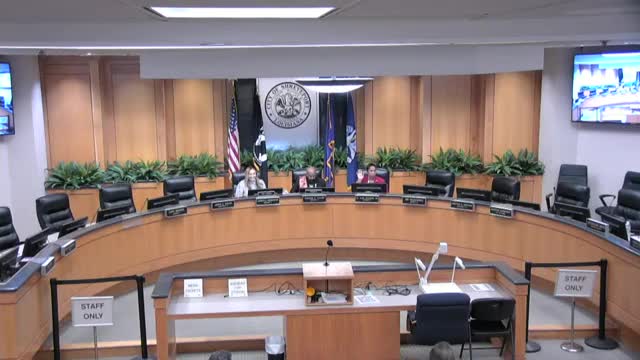Article not found
This article is no longer available. But don't worry—we've gathered other articles that discuss the same topic.
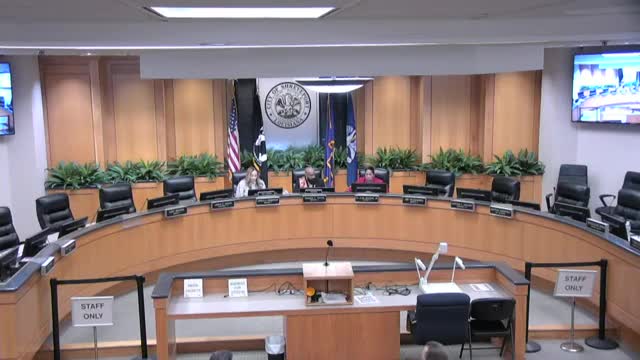
Committee approves Sept. 10, 2024 meeting minutes
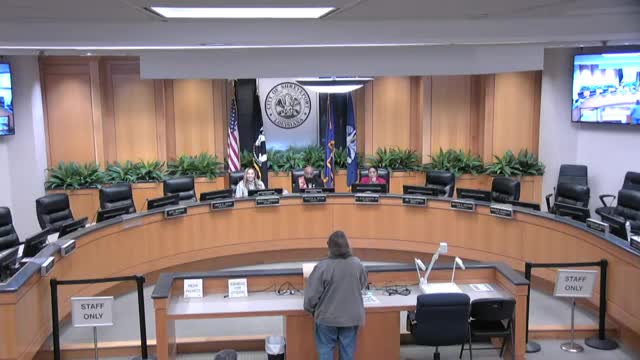
Resident urges investigation into Oak Meadows apartments, alleges deliberate damage
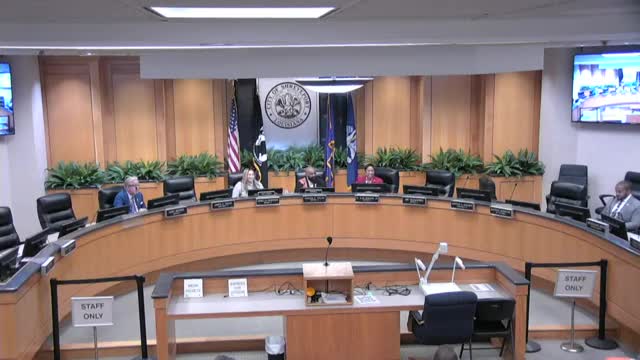
Parks update: pool renovations, spray grounds and boat‑launch work in progress
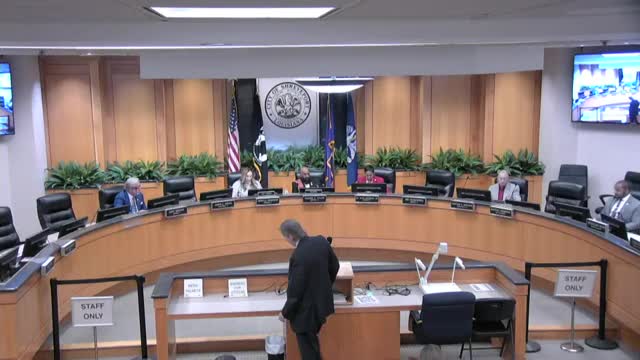
City reports steps to speed neighborhood street‑light repairs; supply and tree trimming remain bottlenecks
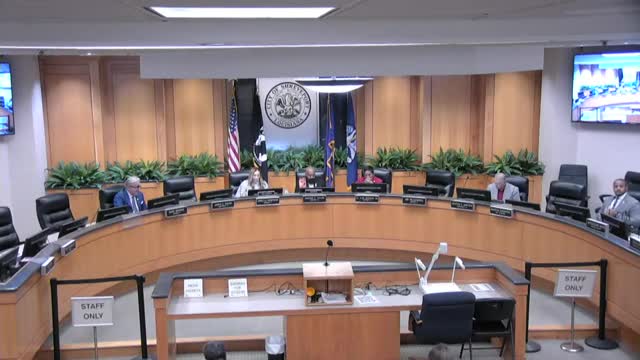
Water department says geosmin spike behind taste/odor problems; council presses on unpaid large apartment bills
